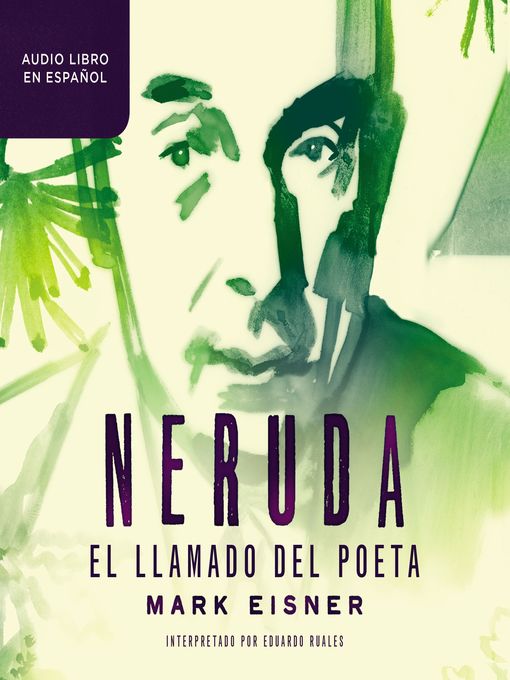Un convincente retrato biográfico de una de las figuras más fascinantes e influyentes en la historia de América Latina, Pablo Neruda.
Pocos poetas han capturado la imaginación mundial como Pablo Neruda. En su país natal, Chile, como en toda América Latina y en muchas otras partes del mundo, su nombre y su legado se han convertido casi en un sinónimo de movimientos de liberación, y con el lenguaje del amor erótico.
Este libro es el producto de quience años de investigación por Mark Eisner, escritor, traductor y director de documentales. El libro describe vívidamente su vida, prosa intensa y creencias fervientes en la «obligación del poeta» de usar la poesía para el bien social. Combina tres ámbitos principales de la vida de Neruda: su poesía aclamada mundialmente; su participación política; y su tumultuosa e incluso controversial vida personal; formando una narrativa coherente de intimidad y amplitud.
Los acontecimientos fascinantes de la vida de Neruda se intercalan el análisis profundo de Eisner acerca de los poemas, tanto como obras de arte y como reflejo de la vida y época de Neruda. El resultado es un libro que trae a la luz la fascinante historia de la vida de Neruda de una manera nueva, que ofrece una atractiva versión narrativa de la vida y las obras de Neruda, apoyada en una investigación exhaustiva, pero diseñado para presentar esta colosal figura literaria a un público más amplio.
The most definitive biography to date of the poet Pablo Neruda, a moving portrait of one of the most intriguing and influential figures in Latin American history
Few poets have captured the global imagination like Pablo Neruda. In his native Chile, across Latin America, and in many other parts of the world, his name and legacy have become almost synonymous with liberation movements, and with the language of erotic love.
Neruda: The Poet's Calling is the product of fifteen years of research by Mark Eisner, writer, translator, and documentary filmmaker. The book vividly depicts Neruda's monumental life, potent verse, and ardent belief in the "poet's obligation" to use poetry for social good. It braids together three major strands of Neruda's life—his world-revered poetry; his political engagement; and his tumultuous, even controversial, personal life—forming a single cohesive narrative of intimacy and breadth.
The fascinating events of Neruda's life are interspersed with Eisner's thoughtful examinations of the poems, both as works of art in their own right and as mirrors of Neruda's life and times. The result is a book that animates Neruda's riveting story in a new way—one that offers a compelling narrative version of Neruda's life and work, undergirded by exhaustive research, yet designed to bring this colossal literary figure to a broader audience.




